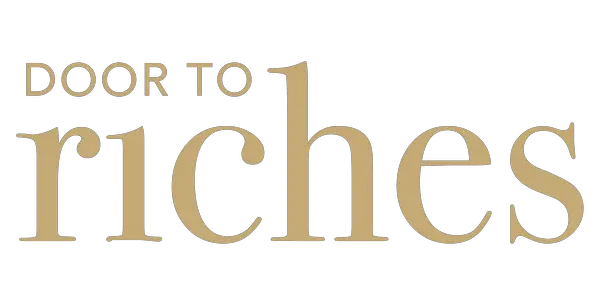If you are already familiar with the ins and outs of owning a credit card, some of these misconceptions might seem inconceivable.
However, credit cards are still often misunderstood by those who might have grown up with the impression that credit cards are horrible and they are simply debt machine monsters.
Let’s try clearing a few things up.
1. Is a credit card just a debt machine?
One common misconception about credit card users is that they are simply racking up debts and interests on those debts, but this isn’t necessarily true. Check out the following example for a start:
When his credit card bill is due, he is able to pay off the $1,000 in full and on time using the money in his bank account.
Since his credit card provides a 2% cashback on all of his purchases, Richie ends up getting back $20 in his credit card account. This is something he would not get if he purchased the laptop directly using a debit card linked to his bank account.
Many credit cards usually have perks, be it cashback, reward points, travel benefits like airline miles, hotel stays, and more. Cashbacks will return a percentage of the money you spent back into your pocket. Reward points can often be exchanged for a variety of goods or services, such as electronic devices, accessories, furniture, travel bookings, the list goes on.
When you are able to pay your credit card balances in full and on time, you will rake in rewards instead of debts.
However:
If you do not have enough money to pay an upcoming credit card bill, a credit card can indeed turn into a debt machine.
Let’s say if Richie only has $500 (instead of $5,000) in his bank account and he wants to purchase the same $1,000 laptop using his credit card. In this case, he may not able to pay off the $500 in full or on time when his credit card bill is due. This would be the start of his credit card debt—his unpaid credit card balance after the due date will start snowballing interests month after month and he will end up paying more than $1,000 for the laptop eventually, as a result.
2. But wait, don’t all credit card purchases get charged interests?
Another thing that sometimes scares people off from getting credit cards is because they think all purchases on credit cards will be charged interests, but this is also another misconception.
Most credit cards have a payment due date 21 days after issuing credit card statements—this is called the interest-free grace period (and varies from one credit card to another). But:
As long as you pay your credit card balances in full and on time, you will pay no interests.
Let’s extend the example above:
If Richie pays back the $1,000 in full to the credit card company any time between April 10th and May 21st, then that is all he has to pay. He doesn't have to pay any interests because there is none! (And, considering the $20 in cashbacks he receives from the purchase, his laptop effectively ends up only costing $980).
However, let's say if he neglected to pay for the $1,000 purchase in full before May 21st and he only got around to it months later. In this case, interests would be assessed on the $1,000 balance, and he will end up having to pay off $1,050, $1,200, or more the longer he takes to settle the bill. Had he paid in full and on time, $1,000 would be all he had to pay.
3. What if I only make the minimum payments required on a credit card?
Upon receiving a credit card bill, you will notice that there is a minimum payment required by a certain date.
Making the minimum payment = No late fees, but any unpaid balance after the due date will still accrue interests.
This is why if you are able to pay off your credit card balance in full and on time, do it.
Let’s revisit Richie and his laptop purchase:
If Richie makes the full payment of $1,000 before May 21st, he will not be assessed any late fees nor interests on his $1,000 balance.
However, if he only paid $10 before May 21st, he will end up with a $990 unpaid balance. Interest will be calculated on that, and it will snowball month after month until he clears it up. He will then end up paying more than $1,000 for the laptop because of the interests on the unpaid balance after the due date.
Over and Out
The key about owning credit cards responsibly is to pay your balance in full and on time. When these two conditions are met, you will rake in rewards instead of debts because you do not have to fork out a single cent in paying interests.
Credit cards are only an issue if:
- You have uncontrolled spending habits, or
- You do not have enough money to cover an upcoming credit card bill
In both cases, you are better off not having a credit card because there's a high chance you will end up accumulating credit card debts and interests. Even if you get any spending rewards, they would be essentially meaningless when compared to the extra amount of money that you have to pay back in interests.
Connect with Ryan
Find Ryan from DoorToRiches on X (Twitter), Threads, and Reddit for more finance content. Feel free to say hi!

